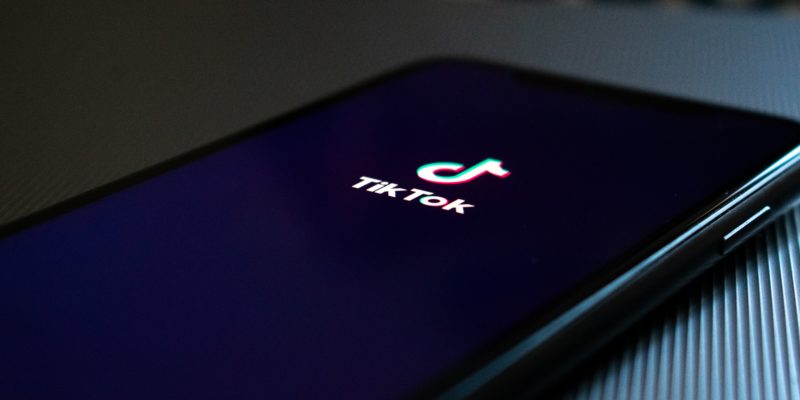The takeaways
- TikTok has apologized after being accused of censoring black users on its platform following the U.S. protests against the death of George Floyd at the hands of Minneapolis police.
- The Chinese-owned company blamed a bug that hid a number of hashtags, including #BlackLivesMatter, which has generated over 1 billion views to date.
- The company pledged over $3 million to help the Black community, a new diversity-led strategy and participation in today’s Black Out Tuesday.
What happened?
On Monday, June 1st, TikTok responded to accusations made by black users of their popular social networking platform that its algorithm suppressed their posts. The accusations were made against the company, owned by China’s ByteDance, in the wake of widespread protests across the U.S. decrying the death of George Floyd, a black Minneapolis citizen, during his arrest by police. Floyd’s death has since been officially ruled a homicide and arresting officer Derek Chauvin has been charged with third-degree murder and manslaughter.
Although TikTok denied censoring posts and blamed a technical glitch that hid a large number of hashtags, one prominent TikTok user described the situation as “the unfair censorship of black creators.” During May, users showed their opposition by changing their profile pictures to a raised black fist symbolizing black power and calling on others to unfollow those who didn’t show solidarity to their cause.
TikTok pledges change and support
In a blog post released yesterday, TikTok stated that “We stand with the Black community and are proud to provide a platform where #blacklivesmatter and #georgefloyd generate powerful and important content with over 1 billion views.” The company pledged $3million from its Community Relief Fund to non-profits that help the Black community and an additional $1million donation to “fight the racial inequality and injustice” in the U.S. A further blog post today announced their support of today’s Black Out Tuesday, a music industry-led stand against racial inequality, and Black Music Month throughout June by highlighting black community contributions to popular music.
Also included in Monday’s blog post was the announcement of a creator diversity council, impact-driven programs to amplify diverse voices on TikTok, and a creator portal to increase communication with and opportunities for its broader creator community. Authors Vanessa Pappas and Kudzi Chikumbu wrote, “We recognize that real commitment requires years of engaging and listening. However, the near-term matters too.” TikTok admitted last December to suppressing videos by disabled, queer, and fat creators.









